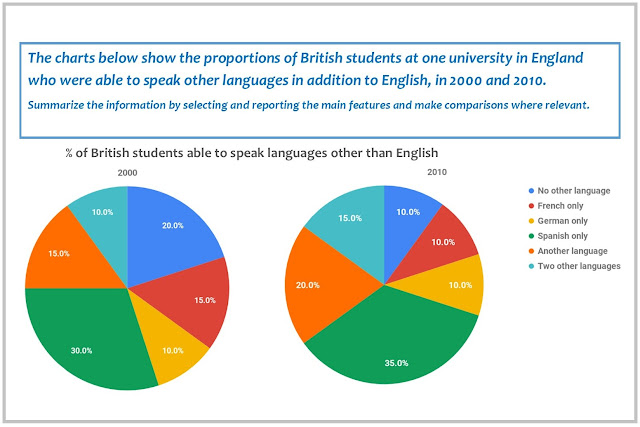Metal Crosses that Will Never Be Found
Writing helps people process events and feelings. Written by a student who wanted to remain anonymous, this piece helped them process some of their memories. I loved it so much I thought it deserved a much wider readership than just me.
✽✽✽
The image of that graveyard is hard to forget – the parched knee-high grass, the scorching August sun, the rusty metal crosses and memorial plates with Russian names (some illegible, some with bullet traces). I can still remember that acute feeling of nonbelonging. The thought “I gotta get out of this city” was pulsing in my head. The mountainous Chechen Republic, so advertised in our local travel agencies, has indeed a lot to offer, especially for those who are brave enough to go off the beaten track and face its grim history.
It was my first visit to Grozny, the name that translates as “fearsome” into Russian. The city used to be my mother’s home, and I was curious to see it with my own eyes. My suitcase was filled with humble long skirts and headscarves; my expectations – with unfriendly glimpses and disapproving whispers. Little did I know... The whole week I would wear jeans and short-sleeved T-shirts without so much as a glance from the locals. This is because Chechnya, in its rush to modernity, has built not only the hundred-storey Akhmat Towers, but also the tolerance to tourists. After a few days there, I was almost convinced I was in prosperous Dubai – the mosques were peacefully neighboring the skyscrapers while the people were strolling the shopping streets filled with burkas and hijabs. The only Russians I saw there were groups of tourists gaping at the shiny dome and tall minarets of The Heart of Chechnya.
The shadow of war, though, was still there. It couldn’t be hidden under the made-over façade of the Soviet block of flats where my mother used to live. It broke through the casual conversations over tea. “You see, it was almost curfew, and I was running home - well, the basement was my home - when they fired in my direction,” told me an old Chechen woman with an eerie smile. My mother’s friend, she had been a witness to the atrocities of both Chechen wars in the nineties. In that basement life under the mundane bombing, people – both Russians and Chechens - acquired a weary feeling of indifference. My mother, far from her hometown for all those years, could not get used to those stories.
She burst into tears the moment she saw the gravestone. We were standing in the middle of a derelict Russian cemetery, looking at my grandfather’s grave for the first time (grandmother’s, unfortunately, hasn’t been found). I had never seen my grandparents – I was born a year after their deaths – but the pain was almost tangible.
Ever since that trip I knew all there was to know about war. This is a lesson that no book or documentary can teach – rusty metal crosses that will never be found, bullet holes that will never disappear, and scars that could never properly heal are all that is left after. And if more people could see this while travelling to places like Chechnya, the world - and peace - would perhaps stand a chance. Perhaps.
✽✽✽
Image credit: student





Comments
Post a Comment